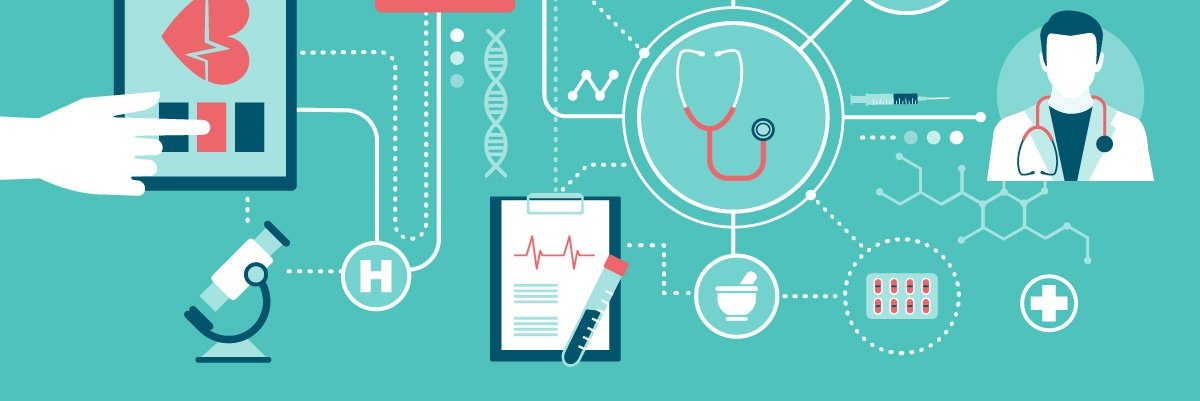
@ShahidNShah


As the use of electronic medical devices grows, the ability of health IT systems to safely, securely and effectively exchange and use medical device data becomes critical. However, while the healthcare industry has made major strides in EHR data exchange, medical device interoperability has lagged.Devices like infusion pumps, ventilators and patient monitors often operate in data silos, requiring manual transcription of information into health IT systems. Not only does manual transcription add to clinician burden, but it also introduces documentation errors that could impact patient safety.In a recent webinar, Viet Nguyen, MD, HL7's chief standards implementation officer, and Todd Cooper, co-chair of HL7's healthcare devices working group, discussed how HL7 is looking to drive medical device interoperability through a new FHIR accelerator.
The medical device interoperability accelerator will add to the work of previous HL7 interoperability initiatives like Devices on FHIR.Launched in 2016, Devices on FHIR is a collaborative initiative involving HL7, Integrating the Healthcare Enterprise (IHE) and other stakeholders that aims to drive standardized device data exchange using FHIR. The group has published a FHIR implementation guide for personal health devices and is working on releasing one for point-of-care devices.
Continue reading at techtarget.com
The integration of artificial intelligence in healthcare has been long coming, dating back to at least the 1980s, when expert systems were touted as a potential diagnostic tool.Those early efforts …
Connecting innovation decision makers to authoritative information, institutions, people and insights.
Medigy accurately delivers healthcare and technology information, news and insight from around the world.
Medigy surfaces the world's best crowdsourced health tech offerings with social interactions and peer reviews.
© 2026 Netspective Foundation, Inc. All Rights Reserved.
Built on Feb 17, 2026 at 3:24pm